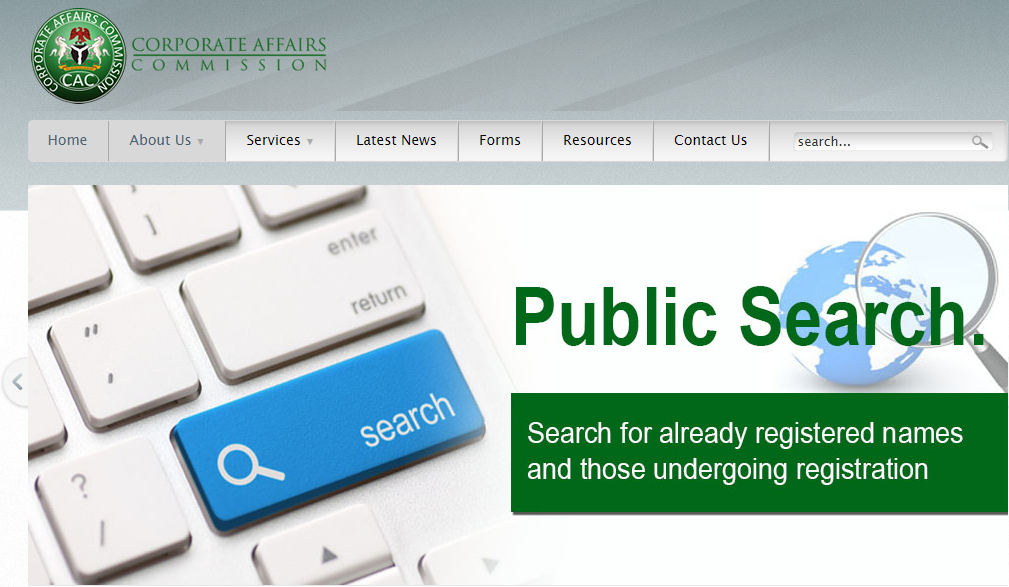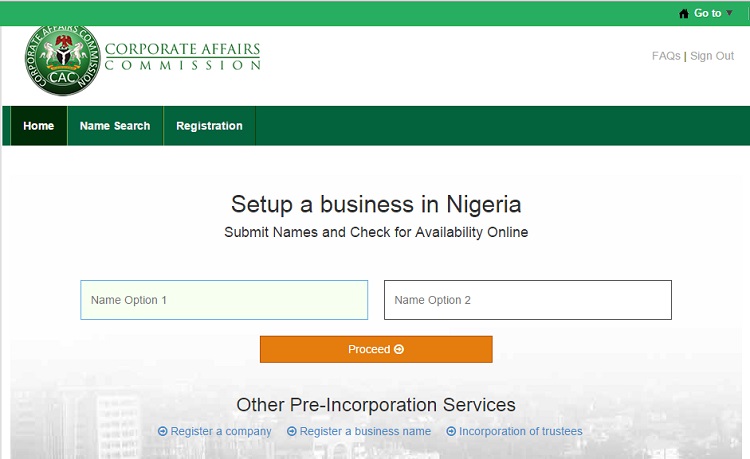The business world is changing rapidly and organisations, irrespective of the sector, don’t want to be left out of the trend of improving customer experience with technology and the Internet.
We are in an era where the customers determine where, how and when to be served, with the phrase ‘follow your customer’ being the order of the day. As such, businesses and organisations are intensifying efforts to embrace this trend.
In a bid to remain relevant in the face of global competitiveness, the Corporate Affairs Commission (CAC) is already working on putting an end to manual business registration nationwide, which implies that the registration process will eventually be carried out fully online.
This, I believe, will further improve the ease of doing business in the country which, according to a World Bank report, currently stands at 145th in the global ease of doing business index.
CAC had back in 2015 launched an online portal intended to enable business registration in less than 24 hours, only to suspend it less than 10 months down the line. Worthy of note is that the portal was later reopened for registration. Shortly after, the commission launched a public search engine for registered businesses.
While this new move is a welcome development from CAC, the government agency appears not to have a strong online presence beyond the website. For one, there isn’t much activity on its Facebook or Twitter accounts.
This lack of activity on social media makes one question CAC’s readiness for the fully online path, in an age when businesses are not only using social media for customer support services but also using instant messaging bots to register and sell to customers.
Seeing as we have come to prefer contacting brands and businesses on social media, it is not enough to just put an end to manual registration if intending registrants still need to visit a physical office for enquiries or complaints.
At the expense of seeming pessimistic, shouldn’t we ask how other government agencies that have taken the online route are really doing? The Nigeria Immigration Service has an online registration portal, which a friend warned me against using when I wanted to renew my passport in 2010. I ended up paying an extra fee when I got to the passport office to complete the registration process.
And even more recently, an intending business registrant took to Twitter to express his displeasure using the CAC portal to register a real estate online marketplace. He had to visit the CAC office after encountering challenges during the registration process.
The only advantage to going fully online is that the businesses registration process will be done seamlessly from any location. We shouldn’t really expect this to translate to a reduction in the cost of running the government agency. This is considering the recent news that the federal government reportedly spent an alarming ₦65 million on an already existing website of the Office of the Secretary General of the Federation. And we also can’t forget that the website of the Minister of Works, Power and Housing, Mr. Babatunde Fashola, cost the Lagos state government ₦78 million when he was the governor of Lagos state.
Nevertheless, the is a laudable move by CAC. Also, it doesn’t really take out the activities of accredited registration agents, the middlemen, in the registration process. It only makes their work easier.
Now that it’s basically going to be an online affair, CAC must have factored in ways to reduce downtime on the website to the bare minimum. It’s only then that the claim that there are no bottlenecks in the online registration process can be substantiated.







